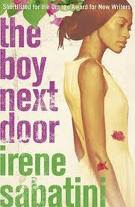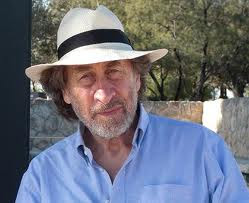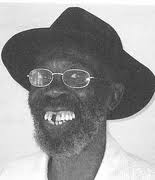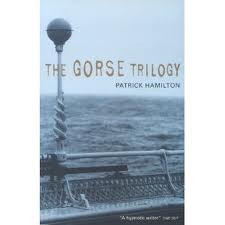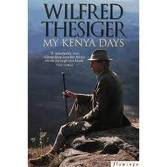
I found this randomly in the bottom of a cupboard. Wilfred Thesiger is apparently a fairly famous explorer. Born in 1910, he travelled very widely throughout his life, to areas then wild and untouched.
It is almost like he got in just under the wire: when there were still wild areas of the world that weren’t online, or at least on a National Geographic special. This book is written when he is 84, and he clearly feels cramped in our smaller and more interconnected world.
At first glance he would appear to be a typical product of a certain kind of privilege: born in Africa, to a father in the Colonial Service, then Eton, Oxford and a life of travel across Africa and the Middle East, producing books with exceptionally dubious titles: ARABIAN SANDS, VISIONS OF A NOMAD, THE MARSH ARABS. One feels that one gets the picture. However, let me tell you, the picture is not at all what one would think.
He was miserable at Eton and Oxford, and you gets the impression that he scrabbled to get back to Africa like a drowning man. He travelled always on foot (and we’re talking across the DESERT, chaps. Across the wilder bits of the African savannah) for months at a time. He travelled, and often lived for long periods (like years) with local people. He was in short, entirely, and amazingly, bush.
Also amazingly, he has managed to write a rather boring book about it. Given this kind of source material, this is quite a feat. It is mostly just an account of dates and places, and people’s names, without very much life to them. The rather unfortunate title MY KENYA DAYS gives you a sense of the kind of novelistic ambition we have here. Or don’ t have.
It gets most interesting, actually, when he talks about his current life. He is living with some of his travelling companions, Kenyan men, and their families. He eats goat stew every day, sleeps in a room with five other people, and seems terribly happy. He rather charmingly rambles on in old man style about their various dogs, and the funny things they do, and the children: Sandy, Talone, and Bushboy. He talks about how lonely he would be in the flat he still owns for some inscrutable reason in Chelsea, and ends the book with this: “It is here, among those whose lives I share today, that I hope to end my days.”
An impressively original man. One of his books is called THE LIFE OF MY CHOICE, and I kind of felt that I could see that he really he is one of those few who actually do make their own choices.


